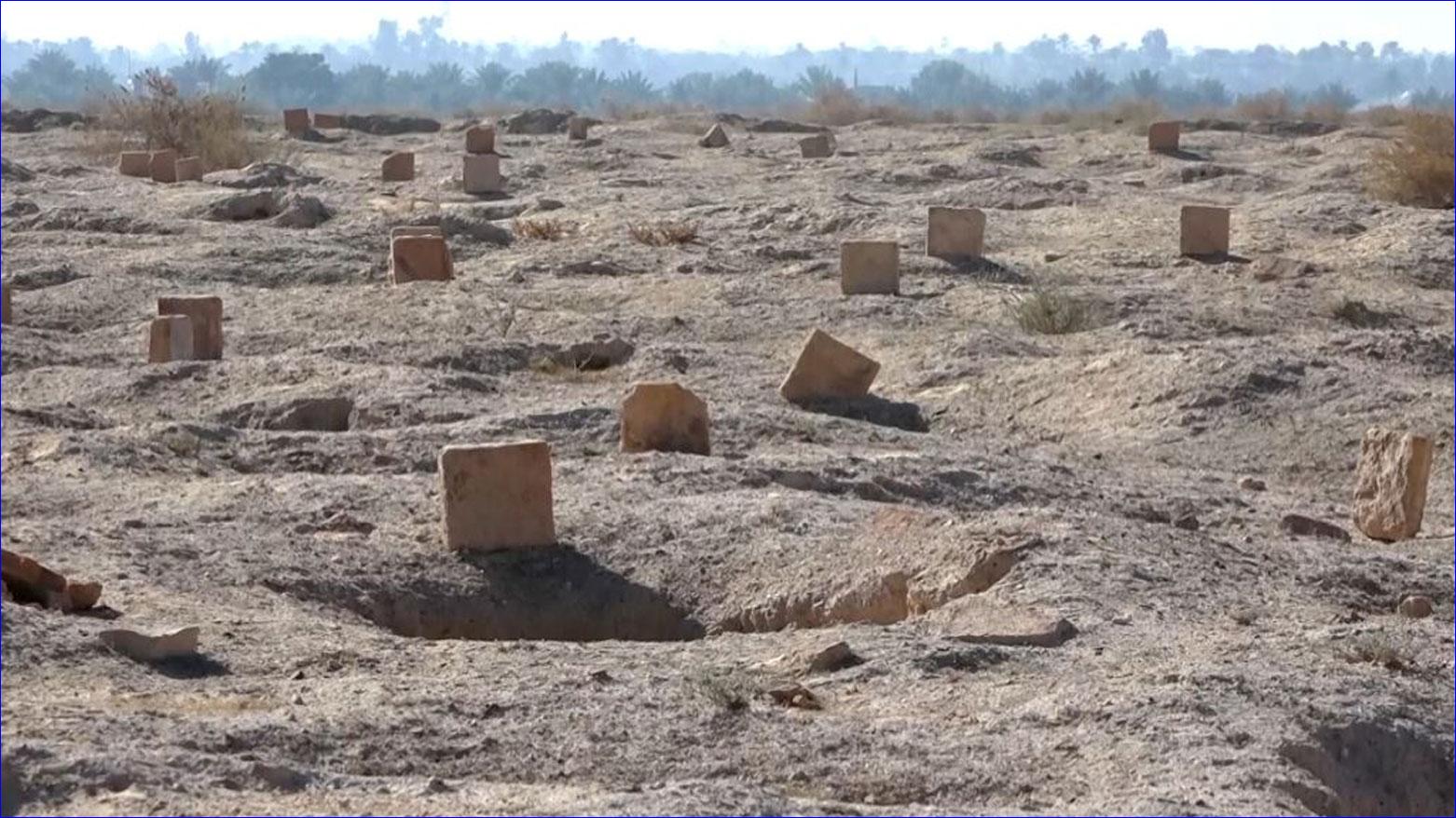


 Kurdistan24)
Kurdistan24)
The Patriarchate's media wing announced on its website that "reliable sources in Najaf" had alerted the church leadership to "attempts to give historical Christian cemeteries to investors to carry out investment projects on them." This prompted Cardinal Sako to send a direct cable to the Prime Minister's office.
According to the statement, the Patriarch implored al-Sudani to "intervene and stop the violation of Christian holy sites," specifically identifying the "Manathira Cemetery" and the "Umm Kheshm Cemetery for the Christian Manathira" as being under imminent threat.
"These historical sites must be guarded and fenced off, and no approval should be given for private investment projects that would completely erase these sites," Cardinal Sako stated, as per the Patriarchate's release.
Framing his appeal in terms of national interest, the Cardinal argued that these sites possess immense cultural and economic value that extends beyond the Christian community. He emphasized that Iraq's diverse history long predates the Islamic era, encompassing "the Akkadians, Sumerians, Chaldeans, Babylonians, Assyrians, Arabs, Persians, Christians, and finally Muslims."
He further suggested that preserving these sites could boost Iraq's economy. "These archaeological sites, along with the Shiite shrines in Najaf and Karbala, are pilgrimage sites that can be properly invested in so that, in the long run, they become tourist and religious destinations," Sako noted, warning that relying solely on oil revenue is unsustainable "because one day the oil will run out."
This plea comes against a backdrop of existential crisis for one of the world's oldest Christian communities. Before 2003, Iraq was home to an estimated 1.5 million Christians. Decades of conflict, instability, and targeted persecution have seen that number plummet to likely fewer than 200,000.
The 2014 genocidal campaign by the Islamic State (ISIS) against Christians and other religious communities in their ancestral Nineveh Plains heartland marked a catastrophic turning point. Hundreds of thousands were forced to flee, churches and ancient monasteries were desecrated or destroyed, and a deep sense of vulnerability was seared into the community's collective memory.
Even after the territorial defeat of ISIS, the challenges have persisted.
Many returning Christians have faced a new set of obstacles, including a fragile security environment, demographic changes in their historic towns, and the systemic problem of property appropriation.
The attempt to develop historic cemeteries in Najaf is seen by many within the community as another instance of this slow erasure of their physical and cultural presence from the Iraqi landscape.

or register to post a comment.